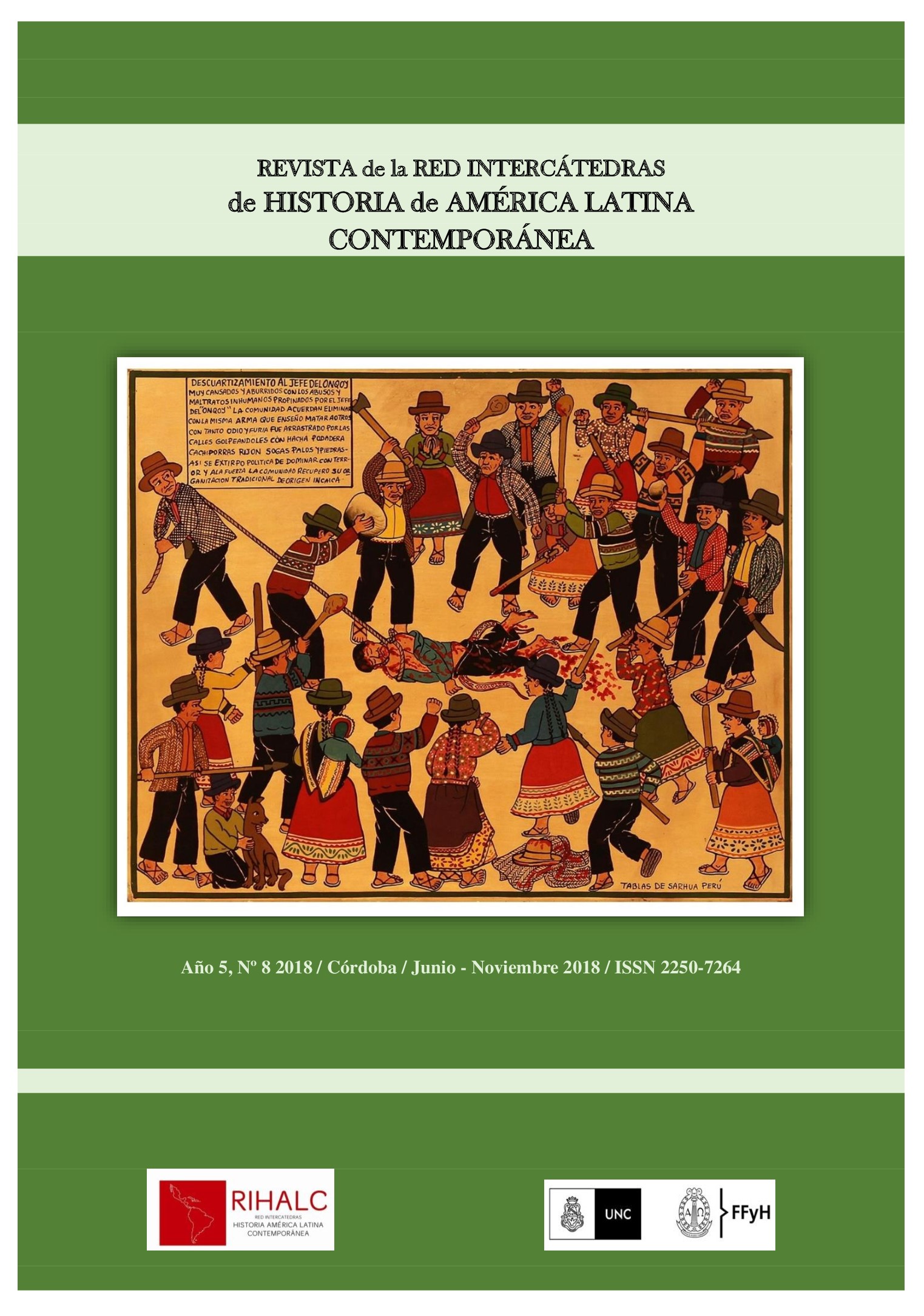Brazil: Post-democracy or neo-dictatorship?
Keywords:
Brazil, 2016 coup d’état, Worker’s Party, Democracy.Abstract
The article discusses the status of the Brazilian political regime, following the
coup that deposed President Dilma Rousseff and the inauguration of a new government, which implements a project of accelerated regression in rights and social policies.
Rousseff's and her predecessor’s reformist governments have applied a cautious
program, focused on combating extreme poverty and expanding the possibilities of social mobility without defying the interests of the ruling classes. Even so, they caused tensions and provoked a conservative reaction. The Brazilian case shows how narrow are the limits imposed on democratic politics by privileged groups. It also shows that, even reduced to its more formal dimension, democracy can generate surprises that disorganize the game of the ruling classes. And it shows, finally, that the existing institutional order, even if presented as democratic, is not neutral: when necessary, it breaks with its own rules to maintain social hierarchies and structures of privileges.
Downloads
References
Amaral, Oswaldo E. do (2003): A estrela não é mais vermelha: as mudanças no programa petista nos anos 90. Garçoni. São Paulo.
Blanquer, Jean-Michel y Cheresky, Isidoro (2004): “Introducción”, en Isidoro Cheresky y Jean-Michel Blanquer (comps.) ¿Qué cambió en la política argentina? Elecciones, instituciones y ciudadanía en perspectiva comparada. Homo Sapiens. Rosario.
Gopegui, Belén (2014): El comité de la noche. Random House. Barcelona.
Hunter, Wendy (2010): The transformation of Workers’ Party in Brazil, 1989-2009. Cambridge University Press. Cambridge.
Keck, Margaret E. (1991): PT: a lógica da diferença. Ática. São Paulo.
Meneguello, Rachel (1989): PT: a formação de um partido (1979-1982). Paz e Terra. Río de Janeiro.
Miguel, Luis Felipe (2006): “From equality to opportunity: transformations in the discourse of Workers’ Party in the 2002 elections”, Latin American Perspectives, Vol. 33, Nº 4, pp. 122-43.
Miguel, Luis Felipe (2014a): Democracia e representação: territórios em disputa. Editora Unesp. São Paulo.
Miguel, Luis Felipe (2014b): “Mecanismos de exclusão política e os limites da democracia liberal: uma conversa com Poulantzas, Offe e Bourdieu”, Novos Estudos, Nº 98, pp. 145-61.
Miguel, Luis Felipe y Machado, Carlos (2007): “Um equilíbrio delicado: a dinâmica das coligações do PT em eleições municipais (2000 e 2004)”, Dados, Vol. 50, Nº 4, pp. 757-93.
Nobre, Marcos (2013): Choque de democracia: razões da revolta. Companhia das Letras. São Paulo.
Offe, Claus (1984 [1972]): “Dominação de classe e sistema político: sobre a seletividade das instituições políticas”, en Problemas estruturais do Estado capitalista. Tempo Brasileiro. Río de Janeiro.
Offe, Claus (1997 [1984]): “De quelques contradictions de l’État-providence moderne”, en Les démocraties modernes à l’épreuve. L’Harmattan. Paris.
Poulantzas, Nicos (2013 [1978]) : L’État, le pouvoir, le socialisme. Les Prairies Ordinaires. Paris.
Przeworski, Adam (1984 [1983]): “Ama a incerteza e serás democrático”. Novos Estudos, Nº 9, pp. 36-46.
Ribeiro, Pedro Floriano (2010): Dos sindicatos ao governo: a organização nacional do PT de 1980 a 2005. Editora UFSCar. São Carlos.
Samuels, David (2004): “From socialism to social democracy: party organization and the transformation of the Workers’ Party in Brazil”, Comparative Political Studies, Vol. 37, Nº 9, pp. 999-1024.
Singer, André (2012): Os sentidos do lulismo: reforma gradual e pacto conservador. Companhia das Letras. São Paulo.
Singer, André (2016): “A (falta de) base política para o ensaio desenvolvimentista”, en André Singer e Isabel Loureiro (orgs.), As contradições do lulismo: a que ponto chegamos? Boitempo. São Paulo.
Terron, Sonia Luiza y Soares, Gláucio Ary Dillon (2010). “As bases eleitorais do PT: do distanciamento ao divórcio”, Opinião Pública, Vol. 16, Nº 2, pp. 310-37.
Vidal-Naquet, Pierre (2002 [2000]): Os gregos, os historiadores, a democracia: o grande desvio. Companhia das Letras. São Paulo.
Downloads
Published
How to Cite
Issue
Section
License
Aquellos autores/as que tengan publicaciones con esta revista, aceptan los términos siguientes:
- Los autores/as conservarán sus derechos de autor y garantizarán a la revista el derecho de primera publicación de su obra, el cuál estará simultáneamente sujeto a la Licencia de reconocimiento de Creative Commons que permite la libre distribución con mención de su(s) creadores, no permite el uso comercial ni las obras derivadas. Los autores, al enviar el artículo, acuerdan publicarlo bajo esta licencia..
- Los autores/as podrán adoptar otros acuerdos de licencia no exclusiva de distribución de la versión de la obra publicada (p. ej.: depositarla en un archivo telemático institucional o publicarla en un volumen monográfico) siempre que se indique la publicación inicial en esta revista.
- Se permite y recomienda a los autores/as difundir su obra a través de Internet (p. ej.: en archivos telemáticos institucionales o en su página web) después del proceso de publicación.



